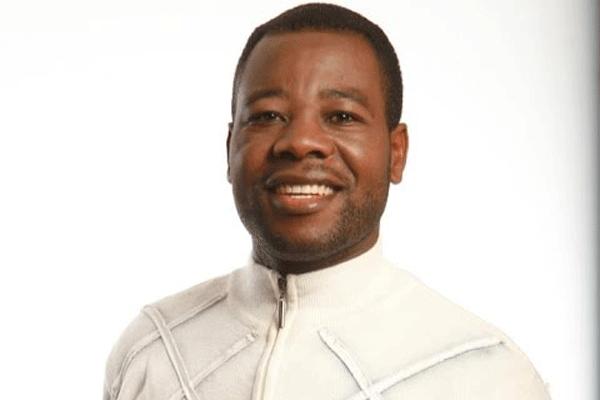
Many music analysts suggest that if a successful musician like Michael Jackson had spent more time in school and attained a degree, he would have shaped his life differently and would still be alive today. That is something debatable.
in the groove with Fred Zindi

In my opinion, musicians, unlike many professionals, do not necessarily need to complete formal academic training to embark on musical careers, although some earn associate degrees or bachelor’s degrees in related fields. Others are awarded with honourary degrees without having attended college for these.
Most musicians find professional work through practising, playing and learning on their own. However, completing musical degree programmes provides musicians with advanced training, such as fine-tuning techniques, reading, writing and understanding the nuances of musical theory and composition. A good example of someone who felt the need for formal training in the above subjects is Charles Charamba, who spent two years of study at the Zimbabwe College of Music to earn a degree in jazz, which included reading and writing music, music theory and composition.
Musicians fall into four categories based on area of expertise. These groups include singers and instrumentalists, instrument repairers and tuners, composers and conductors and music teachers. Having a formal education gives musicians of all specialties technical advantages over untrained peers and may increase networking opportunities. The scary thing about music is that so much of it is about chance. Someone may be aged below 25 and can go on tour with tonnes of bands and several albums out without any formal musical training or without any academic qualifications. There are also others who get a billion hits online and become internet sensations. These are what we call successful musicians, yet they have no formal academic qualifications. Technical musicians or people in orchestras do not necessarily have to go to school, either, but if they do, it is very helpful.
However, there are several examples in our society which illustrate that a rounded individual is what attracts success. What is important is that we examine whether we can separate education from success in the creative arts.
This may prove futile, as one has to possess a certain amount of talent in order to garner a level of quality education.
A discussion of this nature also calls into question the definition of success. When we talk of success, are we speaking of financial excess and a high level of entrepreneurship or can it be clearly left to a personal goal? Hence, in a conversation we are brought to the topic of goals, and the relevant ends and means we aspire for and utilise.
- Chamisa under fire over US$120K donation
- Mavhunga puts DeMbare into Chibuku quarterfinals
- Pension funds bet on Cabora Bassa oilfields
- Councils defy govt fire tender directive
Keep Reading
There is ample literature on goals; both setting them and attaining them in any aspect of our lives. However, as we gain more experience, we acknowledge that education — though not just a quantitative concept — does not guarantee one’s success but rather, it is seen as a catalyst to increase the probability of success. A lot of Zimbabwean parents struggle to raise fees for their children’s education because they believe that once their child is educated, this will lead to success in life. With an educated brain, one can work out ways of becoming successful in the way we understand success today. So in a way, successful musicians are already educated since their brains are already at work, composing songs and playing instruments without any formal training. This is one reason why we recommend that some of our artistes, through their sheer talent, be conferred with higher honourary qualifications such as Masters’ degrees or doctorates without them having gone behind the desk to achieve them.
Musical talent, regardless of the field, always seems to bring faster gratification to the person. We have talented artistes we admire in our society who have, in the eyes of many, achieved their goal through sheer talent without academic education. Is that not success? However, like academics, talent also requires hard work, sacrifice and determination. Musicians show their hard work through rehearsing, recording and performing it.
Sadly, in many spheres the perception is shared that one cannot possess both talent and education. However, both can function together very well and it is difficult to separate them.
The flaws of such thinking begs one to wonder whether or not African societies find persons both educated and talented anomalies rather than promoting and inspiring individuals to achieve a realisation of both. Hence, at this point we clearly decide that it is not that one is a better option but that having both — musical talent and academic prowess — opens windows of opportunities and perhaps a more fulfilling life. It is easier for a person with a well-grounded educational background to understand issues such as The Copyright Act, income tax demands, royalties from record companies, contracts on music distribution, agreements with promoters, publishing rights and mechanical rights.
It is established that while not every person performs their talent on a public scene, everyone has a talent and this enables them to explore a balanced life.
For many African children in school, they are faced with the decision of going the academic route or pursuing a “talent” based career. Hence, we take the time to understand the elements which attract us most in either realm. The best advice for anyone with or without a degree, is to prepare yourself for almost anything your life may offer.
Feedback: [email protected]










